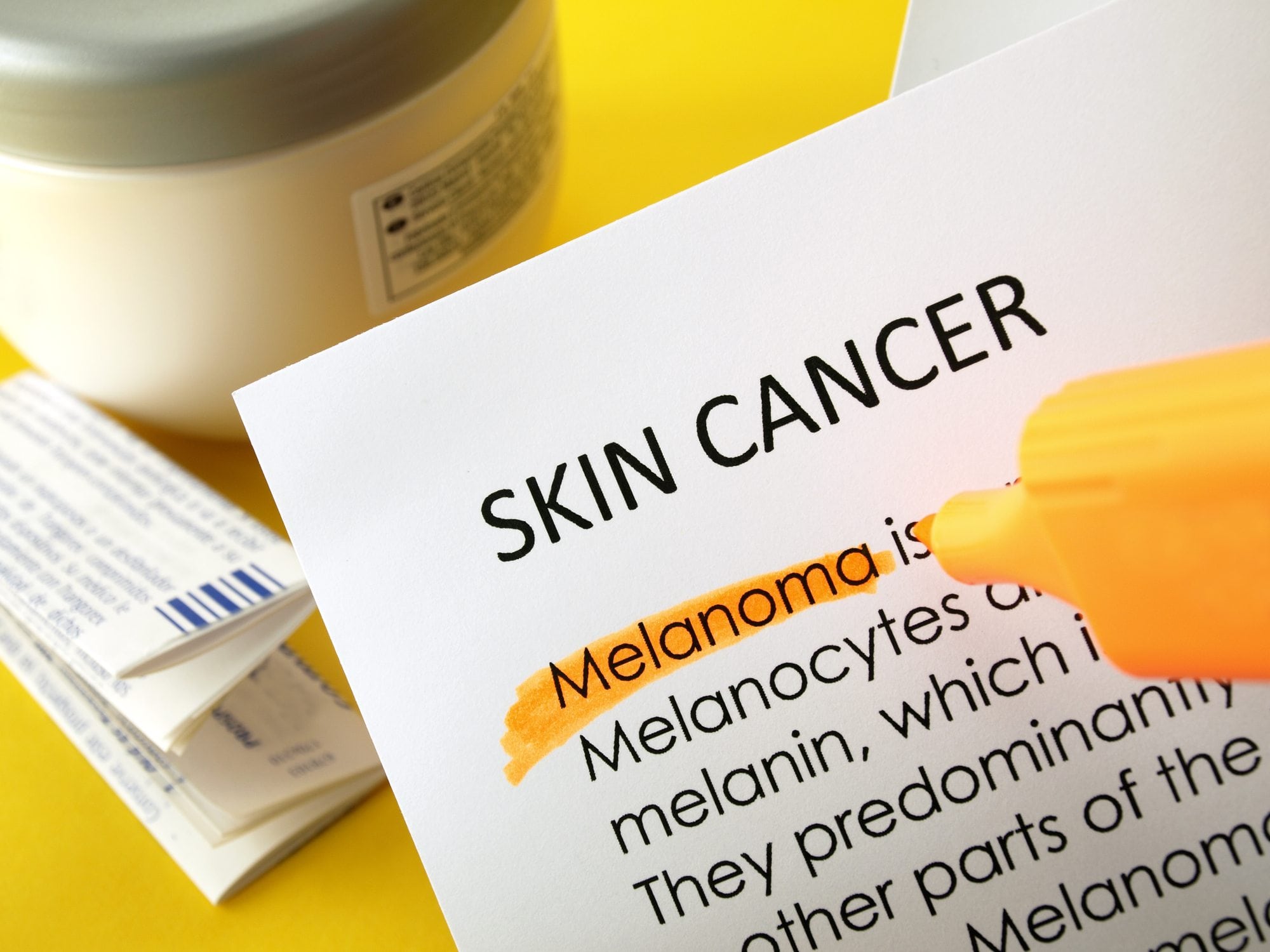More than one million people will be diagnosed with cancer in the year ahead, but with precision medicine, more targeted treatment and new options like immunotherapy, there is more hope than ever before. This is particularly true when it comes to melanoma, a particularly deadly form of skin cancer.
Dr. Omar Eton is director of the new Melanoma and Skin Care Center at the Hartford HealthCare Cancer Institute, which is bringing leading edge melanoma treatment – including immunotherapy and the latest clinical trials – to Connecticut.
Q: What is immunotherapy? How does it work?
A: Immunotherapy is an effort to coax your own natural immune system to attack tumor cells. The way it works is that we can infuse antibodies – and soon maybe other drugs – that actually block the inhibitions of those immune cells from attacking the tumor, then make the tumor disappear.
Q: What is it about melanoma that makes immunotherapy a better course of treatment?
A: The good news is that immunotherapy isn’t just effective against melanoma – melanoma is just where it all started after a century of research. Luckily, we’re hearing about FDA approvals now in so many other cancers, such as the smoking cancers (lung cancer, head and neck cancer). We are still trying to make progress in using immunotherapy for other cancers, like pancreatic cancer and certain colon cancers.
Q: Who is most prone to developing melanoma?
A: Usually folks who are of northern European descent with fair skin, light eyes and hair (especially redheads). These, however, are not individually self-limiting. Even people of African American descent can be diagnosed with melanoma.
In addition, there is an epidemic of melanoma in people over the age of 65, especially if they have had one or more blistering sunburn when they were younger. There is also a rare genetic version of melanoma, so it is important to know your family’s history with the disease.
The Melanoma and Skin Care Center at the Hartford HealthCare Cancer Institute is bringing leading edge melanoma treatment – including immunotherapy and the latest clinical trials – to Connecticut.

